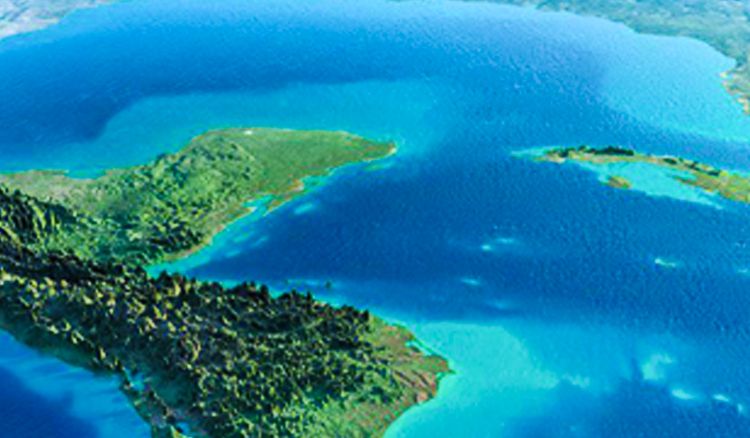The surface of our ‘blue’ planet, Earth, is mostly covered with water bodies constituting up to 71% of the surface covered by only seas and the rest of the 29% are the lands we are growing old upon. Within this 29% of the land share, there is also some lakes, ponds, rivers actively contributing to the planet’s hydrosphere. It is known, that the first life form on Earth first appeared in the oceans itself.
Over the years, oceans have played an integral part in humans and other species’ development and their timely evolutions. Oceans have been always important adding most of the oxygen to our environment helping in the breathing procedure, keeps the climate under check and also connects every land on the surface of the Earth globally. Oceans have made one way possible for people of different countries and continents to entangle with other peoples through shared culture, art, idea and several other concepts.
There has been little to almost no measures taken to eradicate Marine Pollutions in past few decades. The concept of Marine Pollution and its effects started to raise global concern, very early, but significant International Laws were only enacted in the 20th century. Marine Pollution started to garner worldwide recognition when controversies such as; dumping radioactive waste off the coasts of the United States, by companies licensed by the Atomic Energy Commission, into the Irish Sea from the British reprocessing facility at Windscale and into the Mediterranean Sea by the French Commissariat à l'Energie Atomique; the 1967 crash of the oil tanker Torrey Canyon; the 1969 Santa Barbara oil spill off the coast of California; the 2010 Deepwater Horizon oil spill; 1989 Exxon Valdez oil spill and many other started to make upsetting headlines causing death of several birds, marine animals, marine organisms and damage to the environment as well. Added with that human’s contribution with plastic debris, ship pollution, Toxins, deep water mining, direct discharge has been constantly corrupting the marine environment at an alarming rate.
Marine Pollution became a concern during several United Nations Conventions on the Law of the Sea beginning in the 1950’s. In the year 1972, United Nations Conference on the Human Environment and in the London Convention or also known as, Convention on the Prevention of Marine Pollution by Dumping of Wastes and other Matter; had several discussions held massively focused on Marine Pollution and how to stop the ongoing pollution around the globe. London Convention chalked out a list of Black and Grey substances; Cyanide and high-level radioactive waste were put in the Black list to be banned from infiltrating the water ecosystem, while allowing wastes dumped by ships under the Grey Category. In 1992 the concept of World Oceans Day was originally proposed by Canada's International Centre for Ocean Development (ICOD) and the Ocean Institute of Canada (OIC) at the Earth Summit – UN Conference on Environment and Development (UNCED) in Rio de Janeiro, Brazil. The ocean sector still lacked a strong voice than the other existing environmental sectors, until in 2008 when the United Nations General Assembly passed a resolution officially recognizing 8th June to be the "World Oceans Day" with special theme every year focusing upon certain aspects of Marine Pollution each year. “Gender and Ocean” as the theme of the 11th official World Ocean Day, the planet pledges to conserve and protect the world oceans and control the Marine pollution in various levels so our oceans and its inhabitants remains safe and we can grow as one world.
 বাংলায় পড়ুন
বাংলায় পড়ুন














